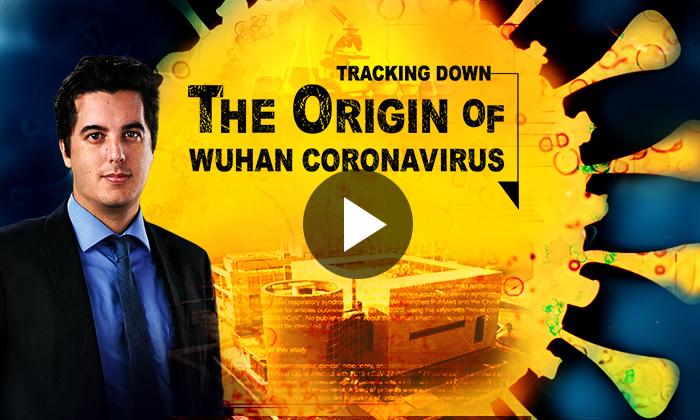NEW YORK—Mr. Lev Navrozov knows something about the importance of freedom. After watching three Divine Performing Arts (DPA) shows in succession on Saturday and Sunday at the Brooklyn Academy of Music, Mr. Navrozov found his thoughts turning to freedom and the Chinese people.
A dissident in the Soviet Union, Mr. Navrozov worked secretly for two decades on a history of the Soviet regime, which resulted in the best-selling and critically acclaimed work, “The Education of Lev Navrozov,” published in 1975 after he had emigrated to the United States.
He has since published large numbers of newspaper and magazine columns, which regularly deal with the theme of how the West can defend its heritage of freedom against the totalitarianisms alive in the world today, especially the rising power of the Chinese regime.
Mr. Navrozov finds in DPA’s performance hope for the future of China, an expression of a longing for freedom that is natural to the Chinese people.
“This search for freedom is expressed in this performance in extreme vitality. You see something that other nations will look at with surprise. They always move, they’re always on the go, they jump, but at the peak of the jump they change their mind and jump down, and so on and so forth. This vitality, this volatile spontaneity, this dynamism, is quite impressive and characteristic, and changes the stereotype of Chinese as a kind of docile people.”
Mr. Navrozov links this dynamism with the withdrawal of 47 million from the Chinese Communist Party: “This fact is absolutely fantastic.”
He also believes DPA will show the Chinese people themselves the “national idea” of the Chinese people, which he says is “vitality, [it] is movement, [it] is fluidity—which of course requires freedom, first and foremost.”
He sees the impact of DPA on the Chinese people as “very beneficial.” “It will be awareness of their national profile…‘We are full of movement, and we won’t stop, and we want freedom.’”
In Mr. Navrozov’s view, the DPA’s powerful expression of the Chinese identity accounts for the difficulty DPA has encountered in staging performances in Hong Kong: “They [the Chinese regime] don’t want this vitality, they don’t want the Chinese people to perceive themselves as a cluster of vitality, that excites people—you understand?”
At the same time, the vitality of DPA, in Mr. Navrozov’s view, “justifies their search for freedom. Otherwise, it can be said, ‘Why do they need freedom? They need food is all.’”
Mr. Navrozov believes Westerners especially need to see DPA. “It will help them to understand that the Chinese are different, and they are different not in the sense that they are subdued people like most Europeans and Russians visualize Chinese.”
Instead, DPA “shows them that this is a people full of search for freedom. For whom freedom is absolutely necessary, and therefore the attempts of the dictators of China to keep them down and deprive them of freedom is both utopian and tragic.”
With reporting by Lidia Louk and New Tang Dynasty T.V.
The Epoch Times is a proud sponsor of Divine Performing Arts.
For more information please see DivinePerformingArts.org







